Frank Brennan’s proposed change to the Indigenous voice to parliament wording only courts confusion
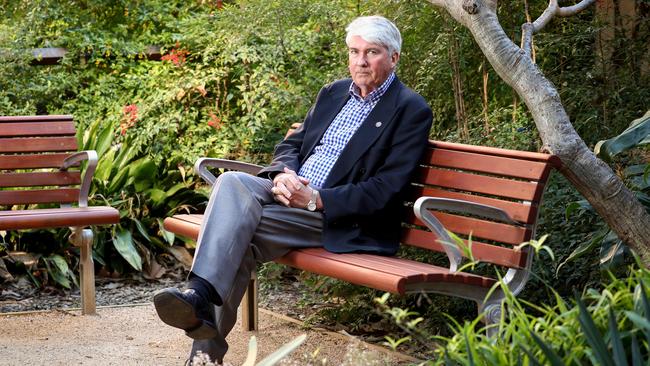
Just last month Father Brennan proposed that section 129(2) should not confer on the voice the function of making representations to “the executive government”, but should rather confer the function of making representations only “to ministers of state”.
He argues his latest proposal is “simple” and “straightforward”, and would resolve the problems raised about the voice’s constitutional role in advising the executive. In fact, his amendment is far from “simple” or “straightforward”. Rather, his proposal would cause significant legal uncertainty, while it is impossible to identify what, if any, problem it would address.
If limiting representations “to ministers of state” only prescribes to whom a letter containing a representation can be sent, it will have no practical effect or legal consequence. The only practical or legal effect of the proposal will be if it limits the topics upon which the voice may make representations (which it may do).
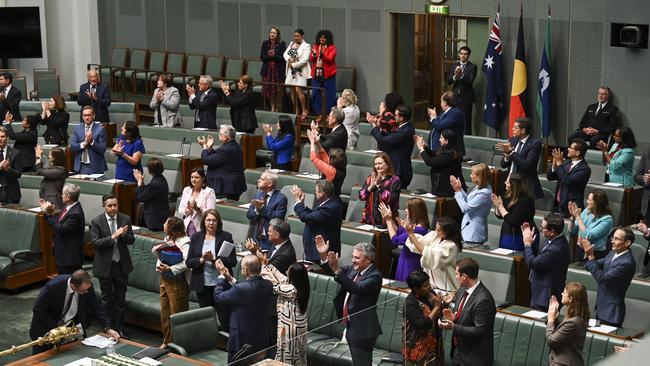
The immediate legal result of that limitation would be that some representations to government could be found by the courts to be beyond the voice’s constitutional functions. Any representation “to the executive government” that was not “to ministers of state” could be a legal nullity and could be set aside by the federal courts. The legal effects of a court setting aside such a representation could include the court prohibiting its consideration. This may render legally insecure a vast array of administrative decisions. Father Brennan’s amendment would not avoid litigation, it would cause it.
This is not the case under the current drafting, which gives the voice discretion with respect to which parts of the executive to advise, making this a political judgment rather than a question for the courts to resolve. Under the current drafting its representations to the executive would be valid, and the validity of administrative decisions would not be rendered uncertain.
Take a simple example. The Registrar of Indigenous Corporations is an independent officer appointed under statute by the Minister for Indigenous Affairs to regulate the governance of specialist Aboriginal and Torres Strait Islander corporations.
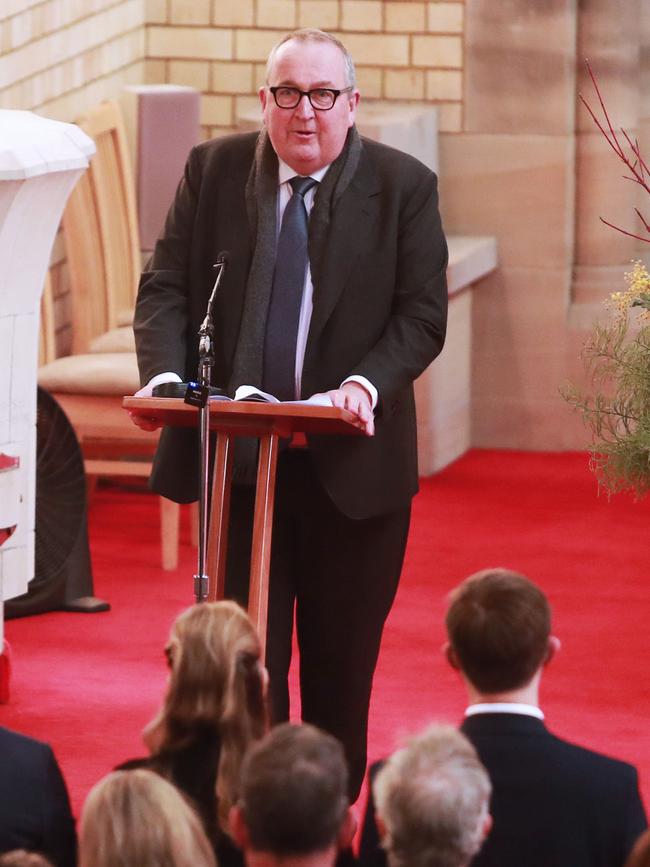
The minister has no role in directing, or setting policy for, the Registrar. Representations about performance of the Registrar’s functions must be “to the executive government”. Whether they would be “to a minister of state” is impossible to say. There are arguments both ways and it would be up to the courts to decide. If they were not, Father Brennan’s amendment would render legally risky any decision taken by the Registrar having regard to any representation by the voice.
Father Brennan’s formulation would guarantee legal uncertainty, because the legal relationships between ministers and the departments, agencies, authorities and offices they administer and appoint are intricate and diverse. In some cases, ministers have authority to make decisions ordinarily made by public servants, but in many cases they do not.
In many cases ministers have the authority to direct their departments, agencies and authorities on aspects of administrative decisions, but in many they do not. There are many government decisions in which ministers can have no role, and many in which the role of ministers is confined and constrained by law. In other decisions, ministers in fact may have no role, but by law might be entitled to play some role. Under Father Brennan’s formulation, it would fall to courts to determine which decisions are within the voice’s constitutional remit and which are not.
His proposal means representations touching some of these decisions may be beyond the constitutional jurisdiction of the voice. Many decisions would be at risk of being set aside by the Courts. Litigation of that kind would be likely across the full spectrum of commonwealth administration. This is not the case under the current constitutional drafting, which sensibly gives the voice a broad ability to advise the executive. The present drafting avoids such litigation. He suggests any problems could be fixed by conferring the function of making additional representations to “executive government” under s. 129(3). That is no fix because it is only the breadth of making representations to “executive government” without legal qualification that makes the question of which representations to make about government exclusively political and keeps the courts out of dealing with the question.
Father Brennan suggests his proposal addresses the “(arguable) constitutional requirement that public servants (a) give notice of an intention to make an administrative decision on a matter relating to any Aboriginal or Torres Strait Islander person; and (b) entertain any representation then received from the Voice before making such a decision.” The weight of legal opinion (with which I agree) disputes any such implication.
However, any effect of Father Brennan’s draft does not address that risk. Rather it would cut back the range of matters on which the voice may make representations. If there is a legal risk it would arise with each representation within the scope of Father Brennan’s proposal. It is impossible to identify any real risk that could be avoided by Father Brennan’s amendment.
The present drafting has been the subject of wide ranging, lengthy and detailed debate.
Numerous opinions attesting to its soundness have been provided by Australia’s most eminent constitutional and administrative lawyers. By contrast, Father Brennan’s proposal for “representations to Ministers of State” was first floated in late April. It has not been the subject of any extensive examination or debate. I am not aware of any lawyer with any relevant training, study or experience who supports it.
The proposal ought to be rejected. It is not legally sound. The present drafting is legally sound.
Tom Brennan SC has appeared before the High Court including in constitutional and administrative law matters.


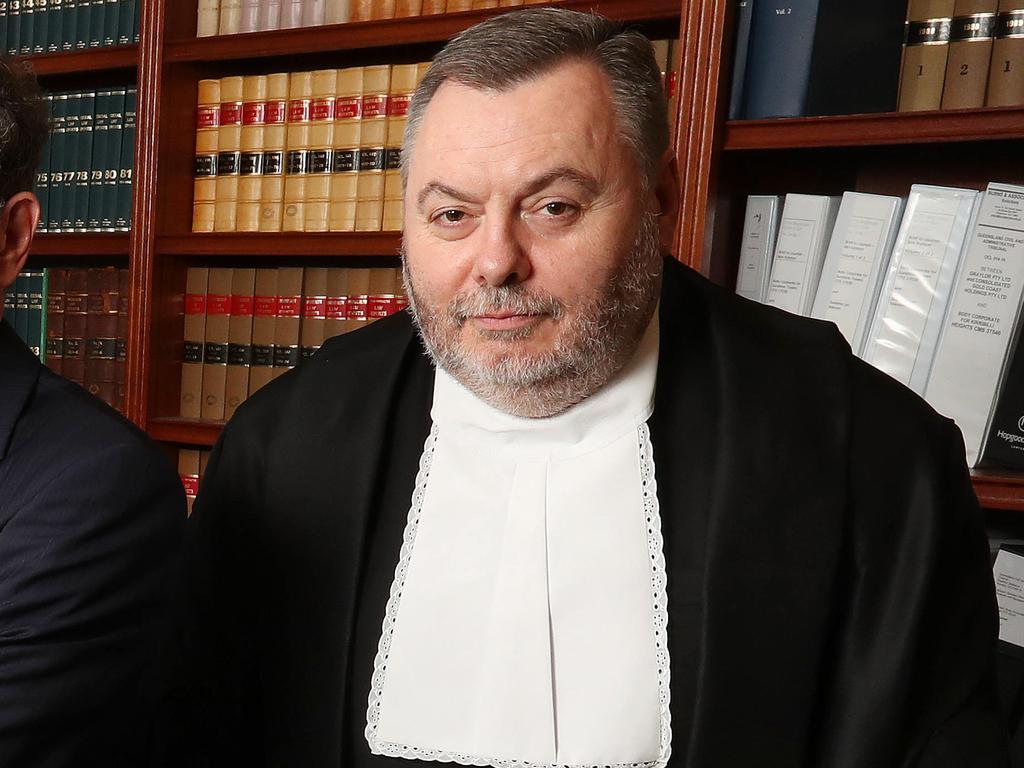
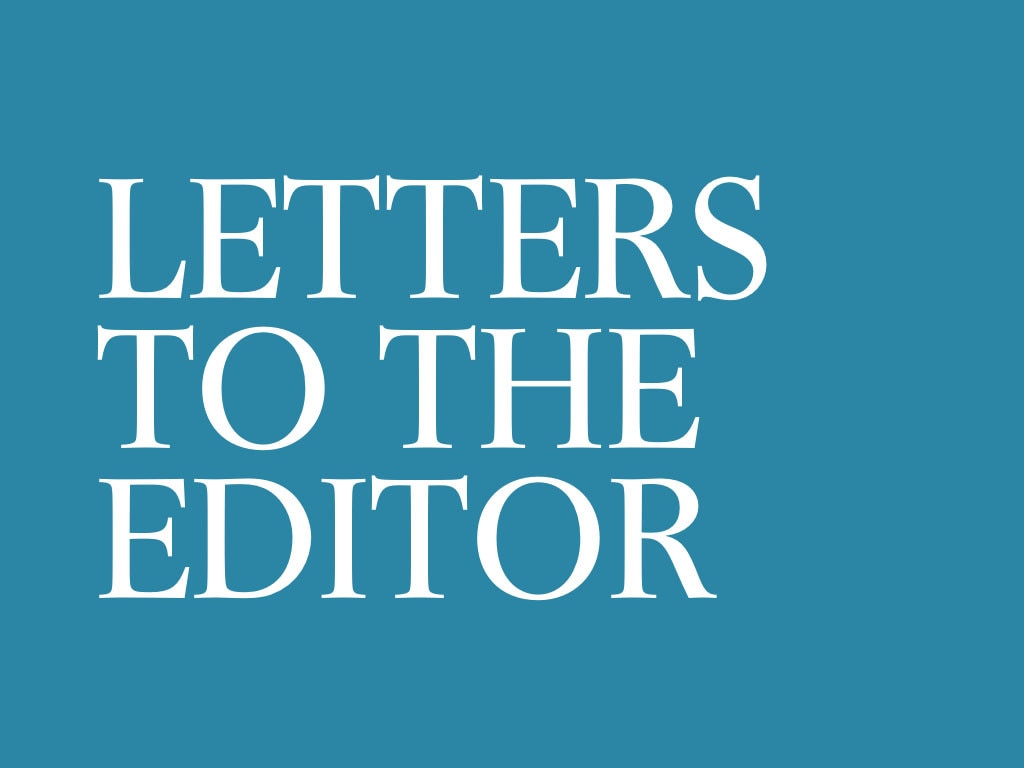
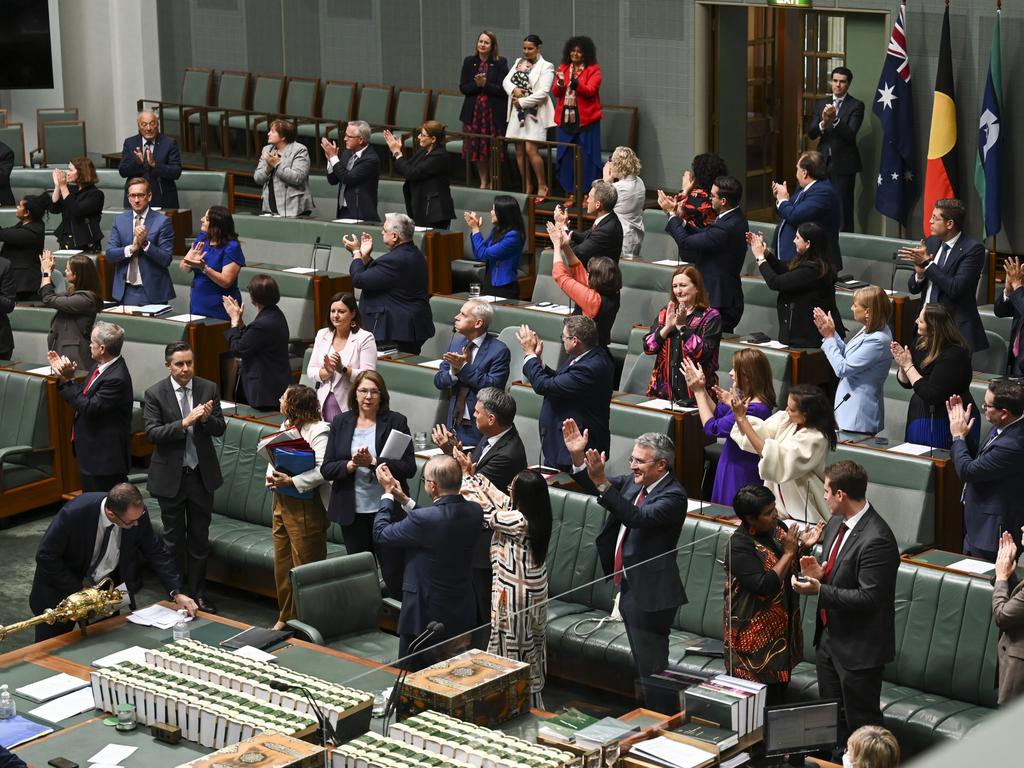


The voice constitutional drafting currently before the parliament is legally sound. It has benefited from almost a decade of analysis and improvement. By contrast, the very recent change proposed by Father Frank Brennan, my brother, is not legally sound.